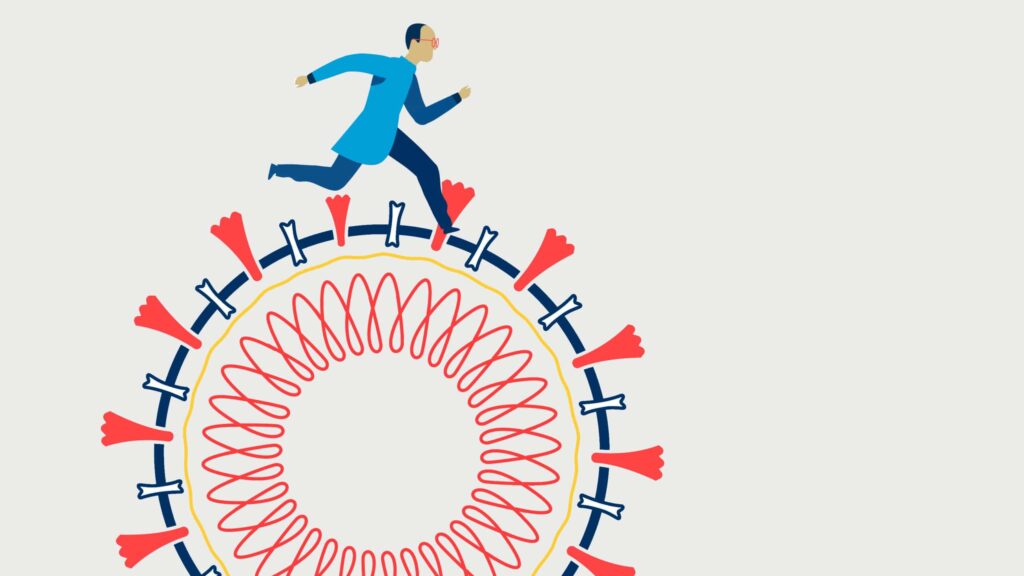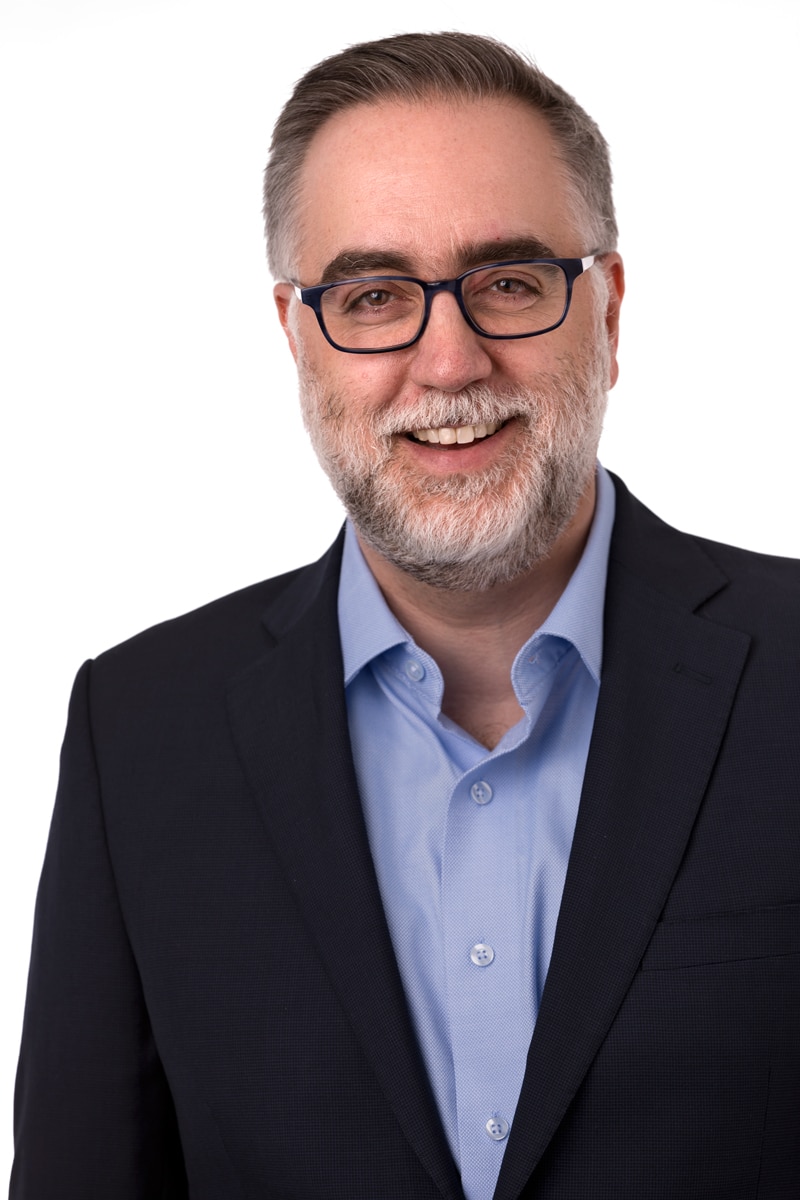
As a small firm of health strategists and change management specialists, it’s not always easy to find ways to lead and be supportive during crisis. I’ve worked as an industry advisor and executive for more than 25 years, and had the privilege of serving as an incident commander during 9/11 and several other NY disasters. Those experiences taught me, among other things, that the role of a good strategist is to: 1) help care for those who care for patients and the community; and 2) offer perspective, as context for active response and to help chart the path through recovery.
Here are Some Key Considerations:
- Caring for those who care for patients and the community. Employees must come first. Recognize, develop, and coach your staff. It is also the time for some well-executed “pacesetting”.
- Perspective is critical. This too shall pass. Our industry will emerge “better, faster, and stronger” than ever before.
Caring for Those Who Care for Patients and the Community.
Employees must come first. There are no words to express how much we all appreciate the nurses, doctors, and allied health professionals (front line leaders) working to care for each and every COVID-19 patient and by extension communities across our country. They are heroes, who put themselves in harm’s way on a daily basis, often working in very poor conditions, and with the full recognition that the days ahead will get worse, before they start getting better. As strategists, like other executive leaders, we “cheer” for our heroes and look for every opportunity to be of service.
On a tactical note, well-run organizations, whether large health systems, neighborhood clinics, or community food banks, thrive because first and foremost they take care of their staff, above all, and great leaders in our industry and others, put and keep their employees first. No matter how much effort you focus on developing, coaching, and recognizing your staff, now is the time to triple your efforts, and for those with an affinity for organizational effectiveness, yes, it is also a time for some well-executed “pacesetting” (i.e., leading by doing).
Today, so many great leaders are working around the clock to ensure that staff have the PPE that they require to serve those in need. With the surge of patients imminent, now is the time for all of us to pull together with state and local officials, as they continue to plead with Washington for support in this area. Concurrently, we must exhaust all avenues to secure needed PPE, including reaching, either directly or through your partners, to private sector innovators and volunteers. Great leaders are also making every effort to protect their staff by increasing the number of clinicians available to serve. Some organizations are asking specialists to prepare to work in the ED or ICU, while others are accelerating graduation dates for medical students willing to move to front line.
Front Line Focus
Today, and in all future releases of Letters to Leaders, we salute all of our industry’s front line leaders working to care for those living in cities, towns, and rural outposts across this incredible country. Today, we recognize the great work that so many are doing on a daily basis, through the story of a float-nurse, Emily, who works at Lenox Hill Hospitalin NY. Emily is an inspirational leader, who is finding creative ways to leverage her role to communicate throughout the Hospital and inspire her co-workers and others fighting for New York across the state, and beyond. In launching the initiative “Hope Huddles”, unit nurses come down to speak during the ER huddle about patients who are recovering.
Offering Perspective and Context for the Future.
A dear friend once told me that a strategist’s main value is to “simplify the complex”, meaning to provide clarity and focus on the things that are most important to ensure operational excellence and advance the organization’s ability to serve. Easier said than done these days, but a truism, nonetheless. So here goes:
This Too Will Pass. Our industry and our country will emerge “better, faster, and stronger” than ever before. Steve Corwin MD, NewYork-Presbyterian’s CEO, says it so well in his recent message thanking
The increasing rate of adoption of tele medicine, for example, is helping us expand care capacity in ways that will improve access to needed services well beyond the active response. Similarly, the idea that we would find better ways to protect our seniors, and then allow those new precautions and programs to “wither” post-response, is not consistent with the values that our industry is build upon. And, a final example, perhaps the bold moves being made by NYU, Columbia, and other schools, will force us to re-think the way we educate clinicians to address supply and access issues. We will be better off in so many ways as we emerge.
Burnout Tenders Us Useless. As our team continues to offer some perspective in the weeks ahead, it’s worth recalling one of life’s great truths, particularly for leaders, both those in the board room and on the front lines. If we “burnout”, we are no good to anyone. So, a kind reminder to take care of yourself, as you care for others. We are accustomed to 70+ hour work weeks, and now the work demands our focus, 24/7.
Consider prioritizing at least one aspect of your “self-care” plan, as much as possible. I know it seems impossible, but even a few minutes per day may make a big difference in the long-term value of your contribution. We all know this is a marathon that we need to run one block at a time. Pause on a daily basis, even for a few minutes. Read, meditate, or simply sit alone to catch your breath and take stock of your efforts and accomplishments; it all helps and boosts your “reserve”. For my part, I’ve turned to walking (while social distancing), digital coloring, and Zoom calls with friends and family. It all helps provide a daily re-charge.
About Letters to Leaders
Letters to Leaders is a series written by team members at Fund Love and Lucania Partners. Each week we do our best to offer some perspective on the challenges we all face, as leaders. We also pause to reflect and thank our industry’s frontline leaders and staff, for showing us the way during this unprecedented period. We share our ideas and appreciations from a place of good fortune, gratitude, and humility.

